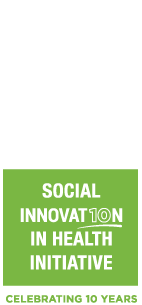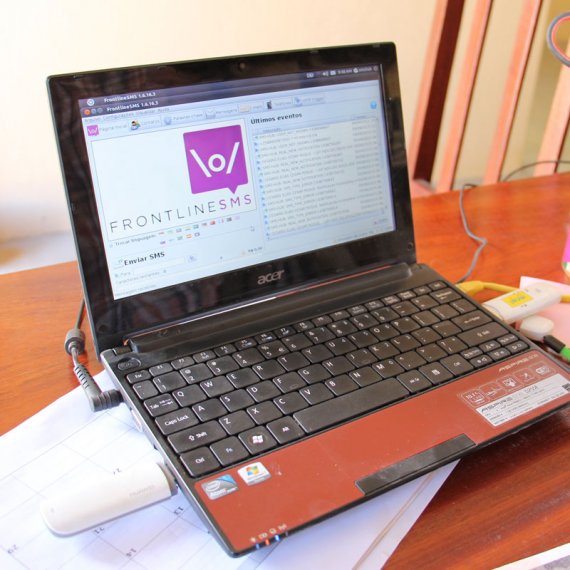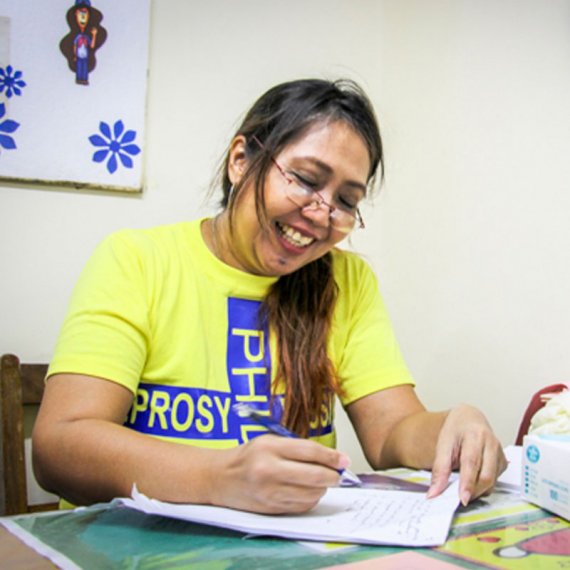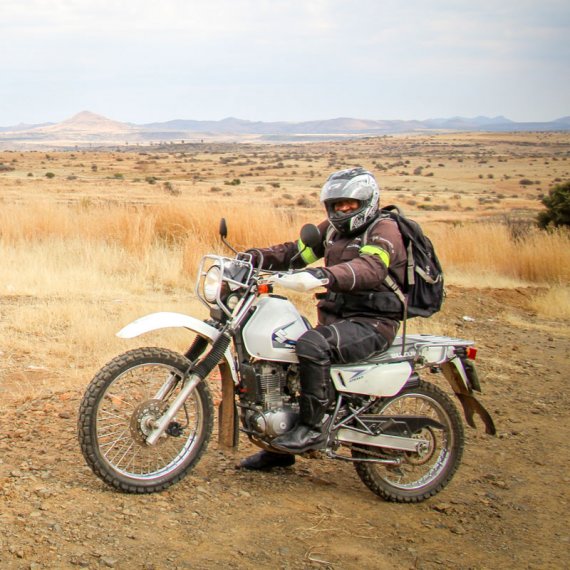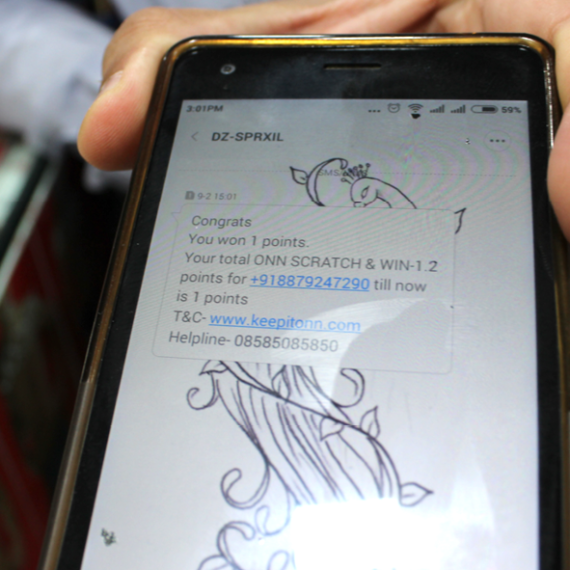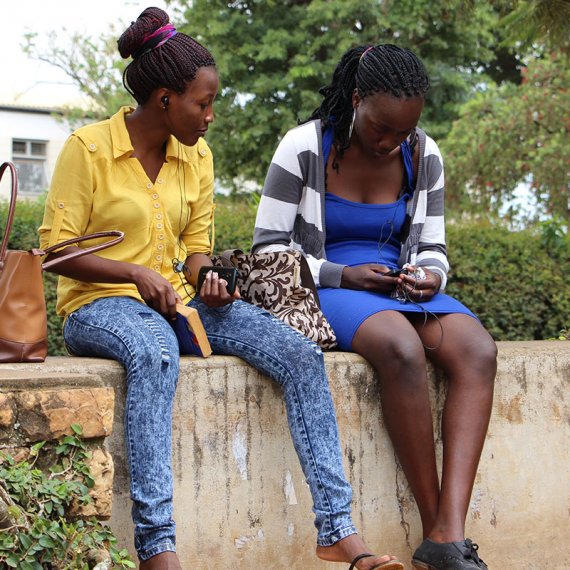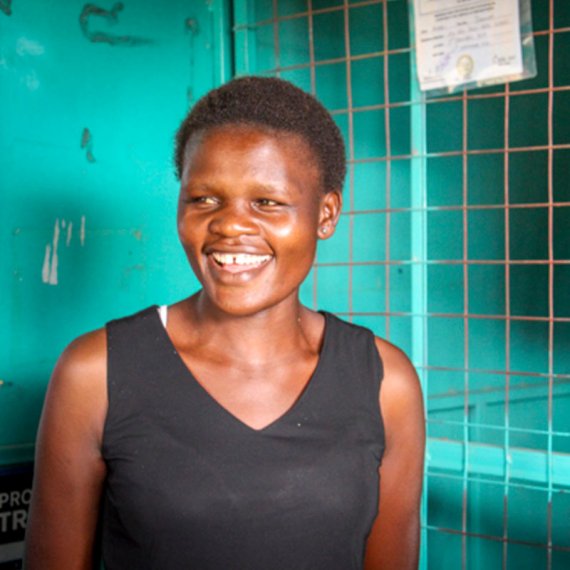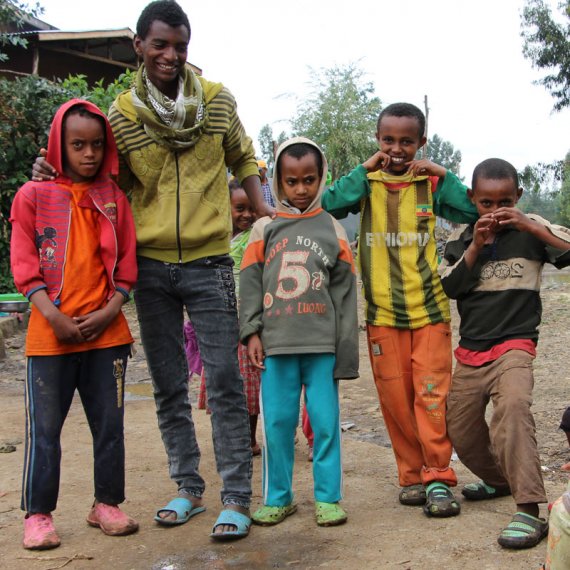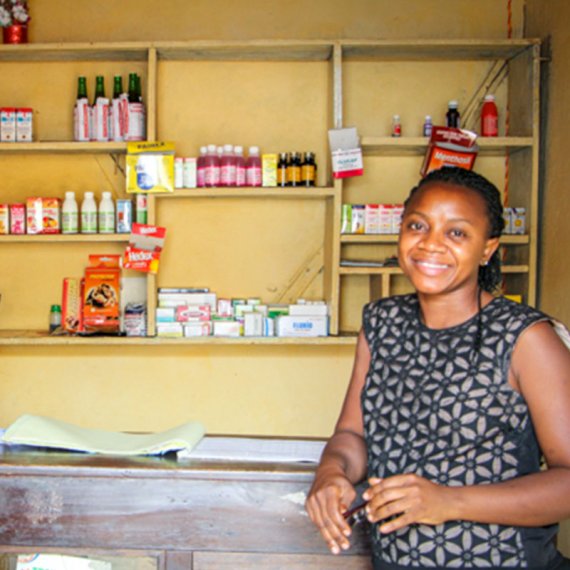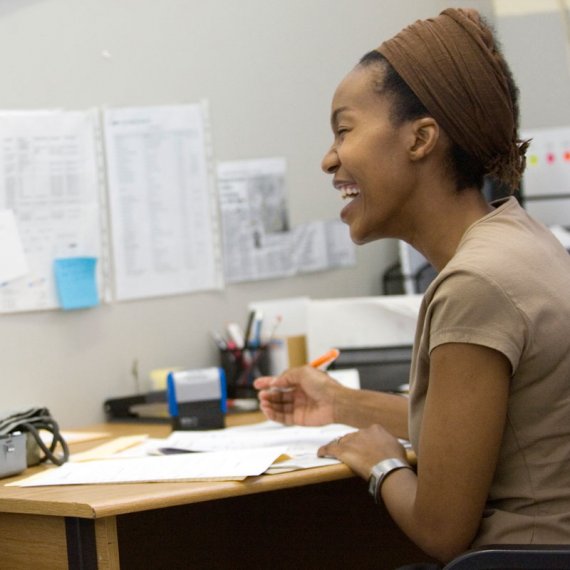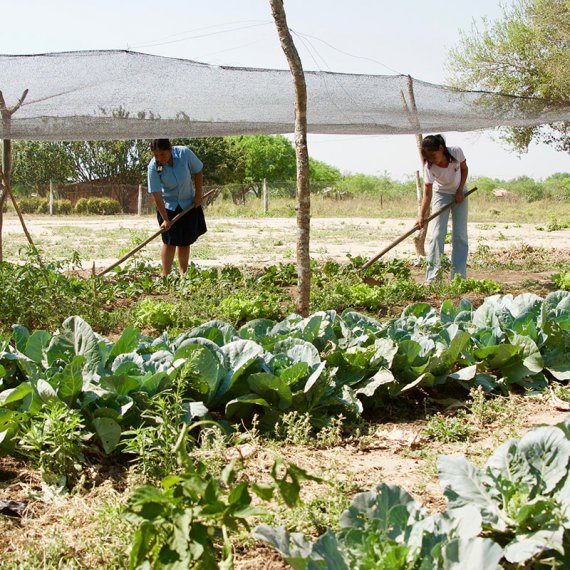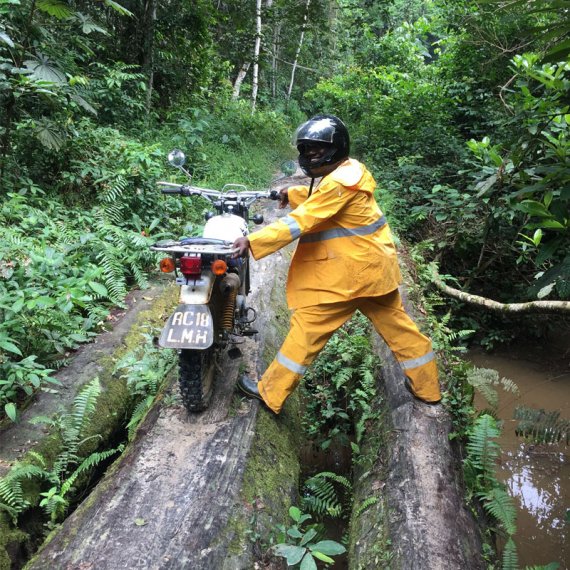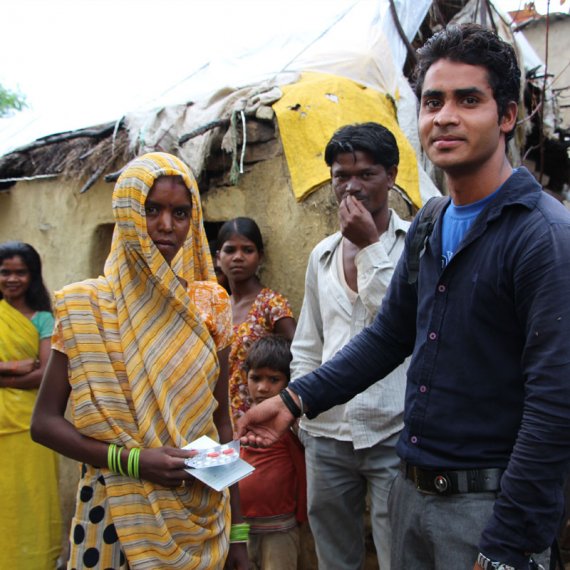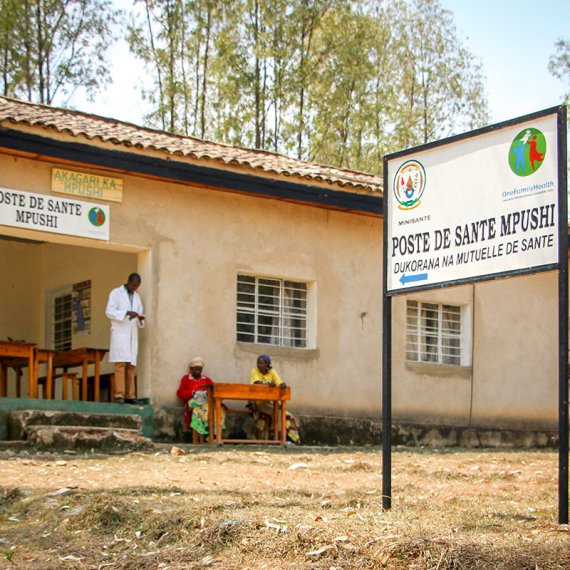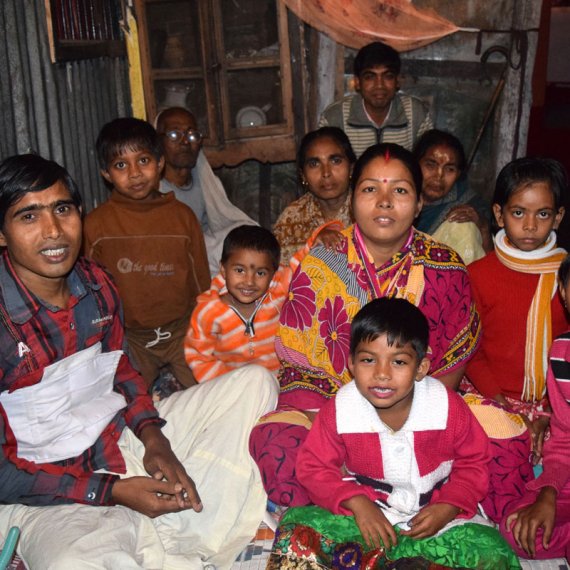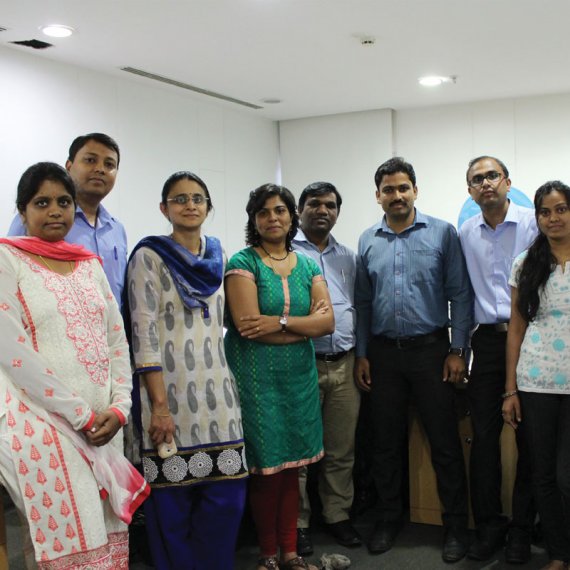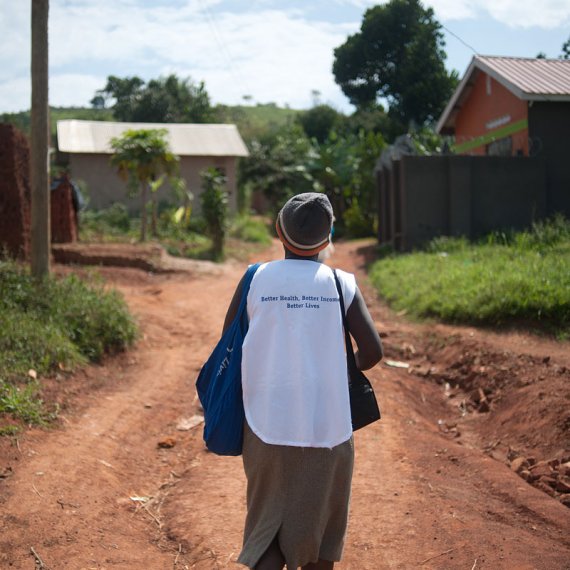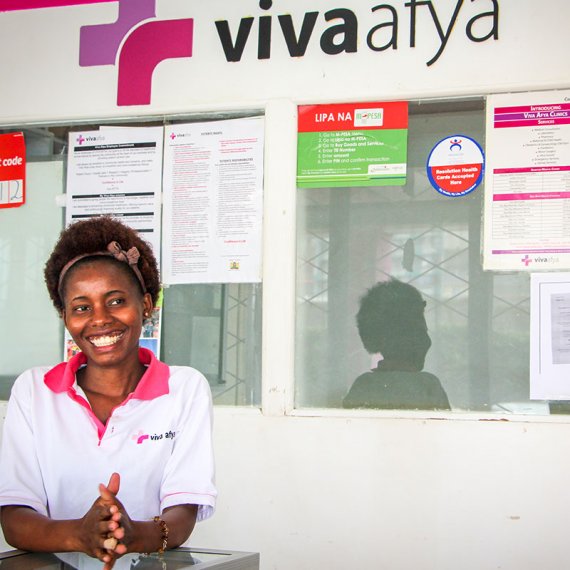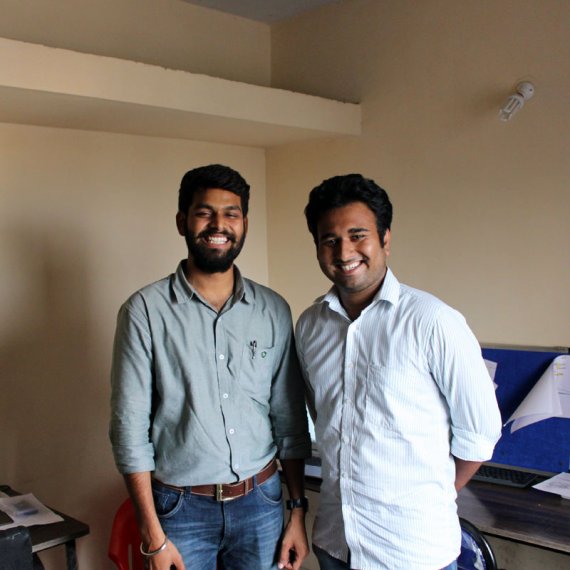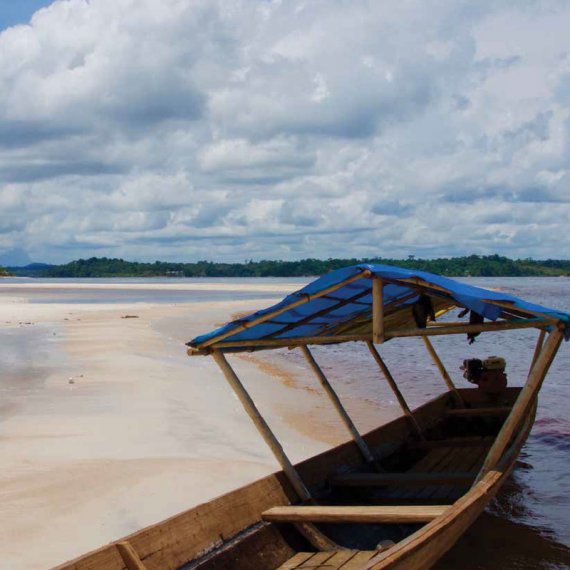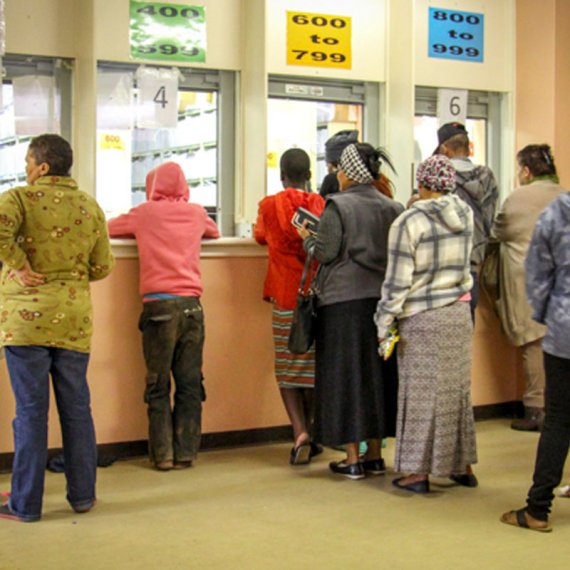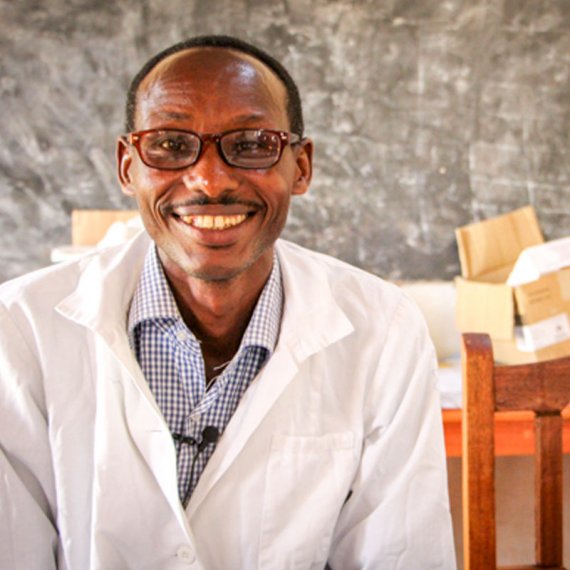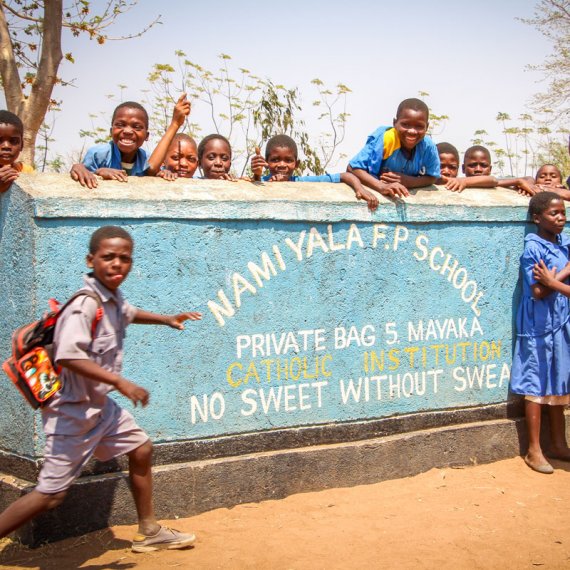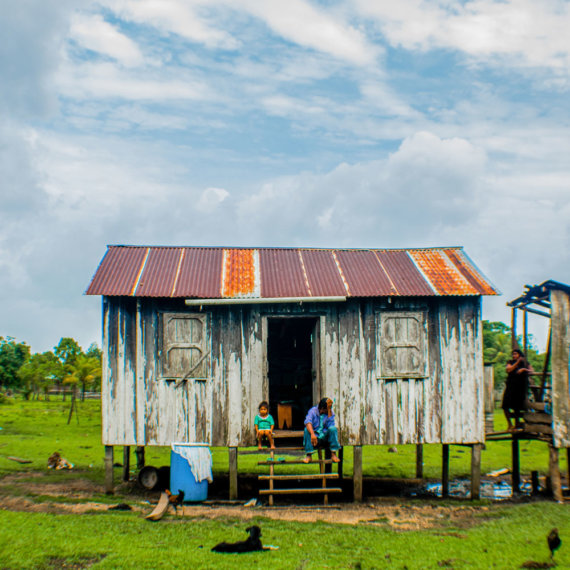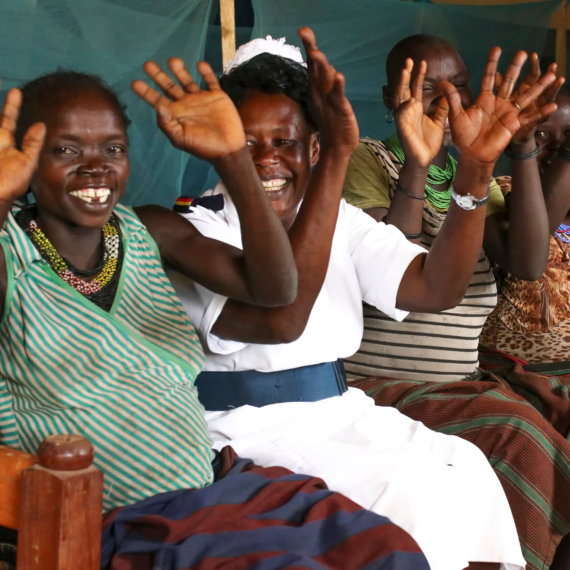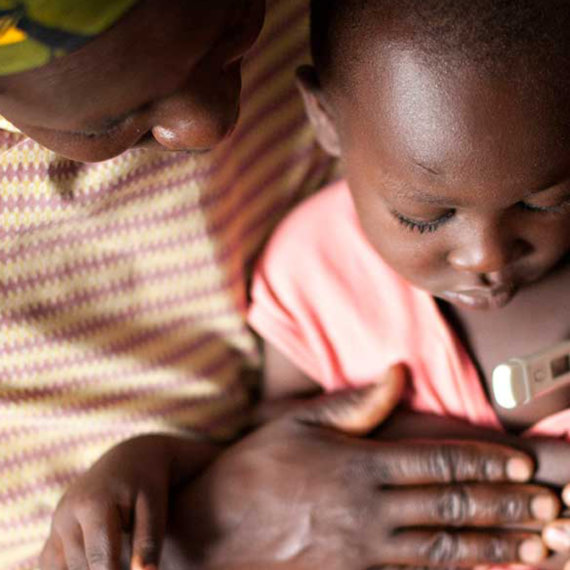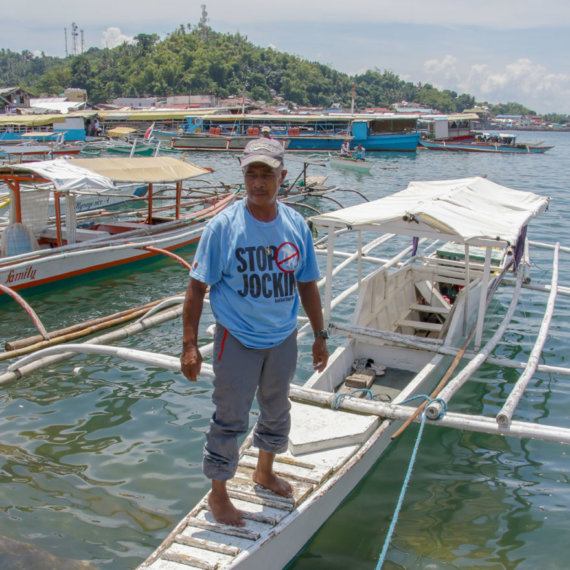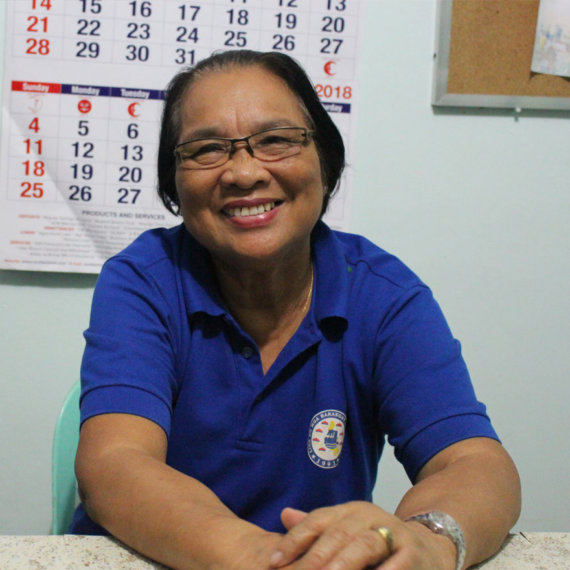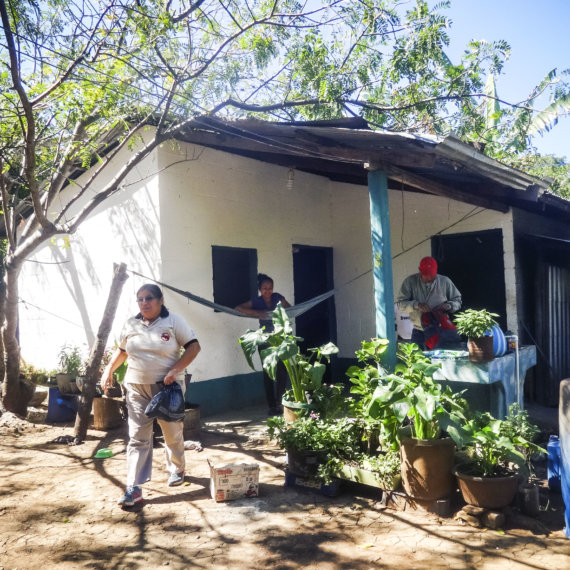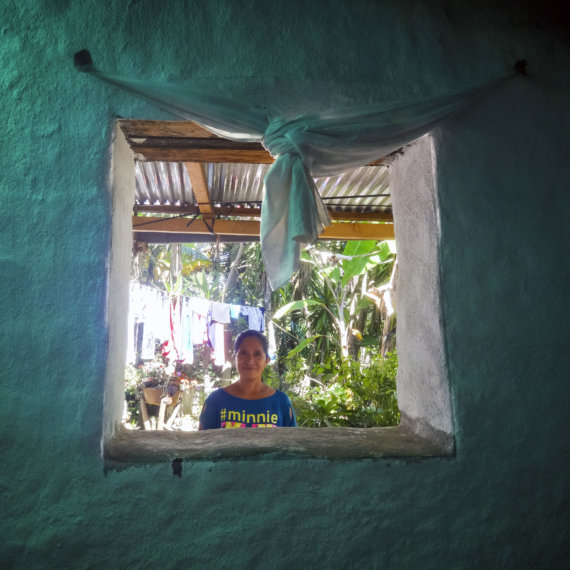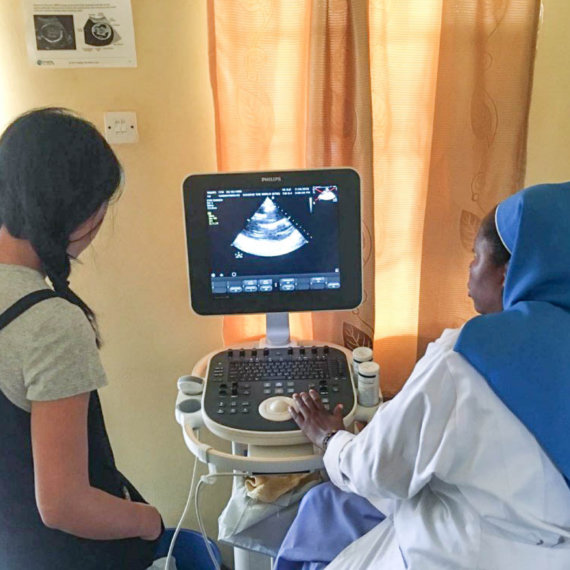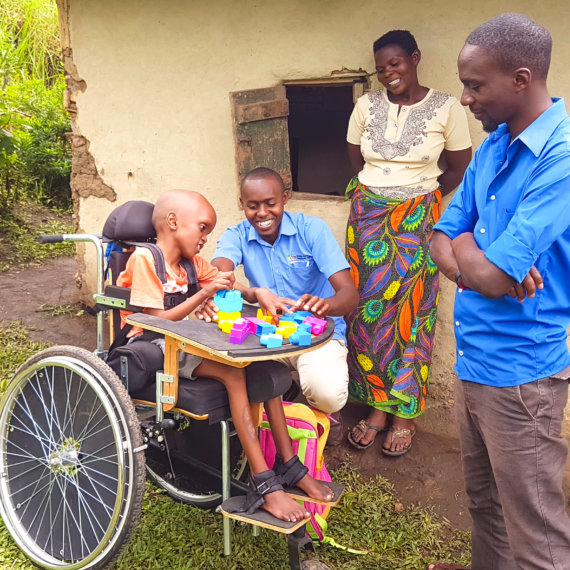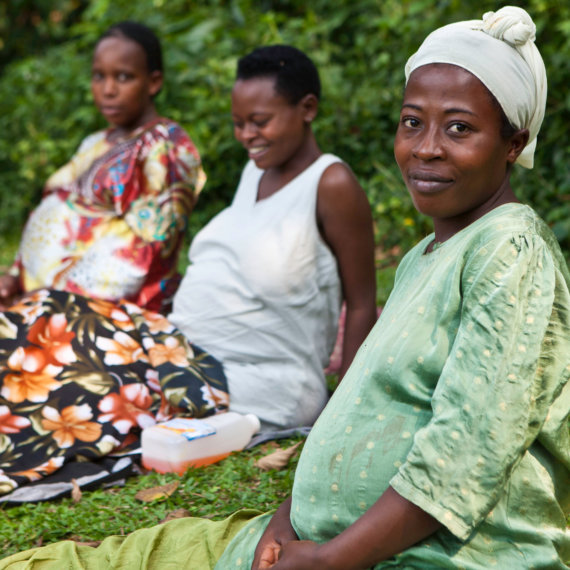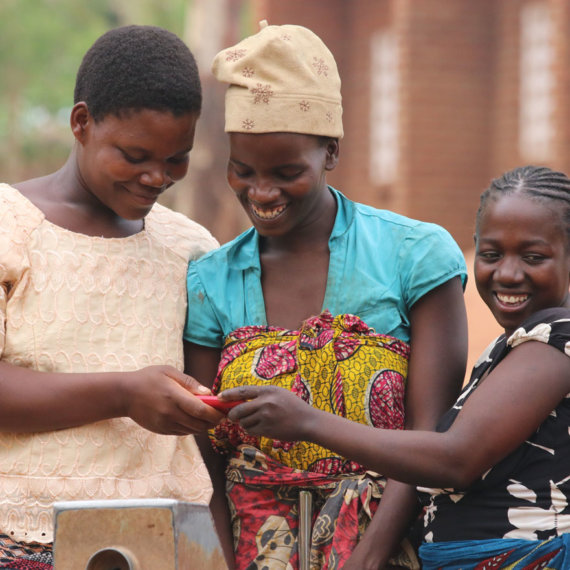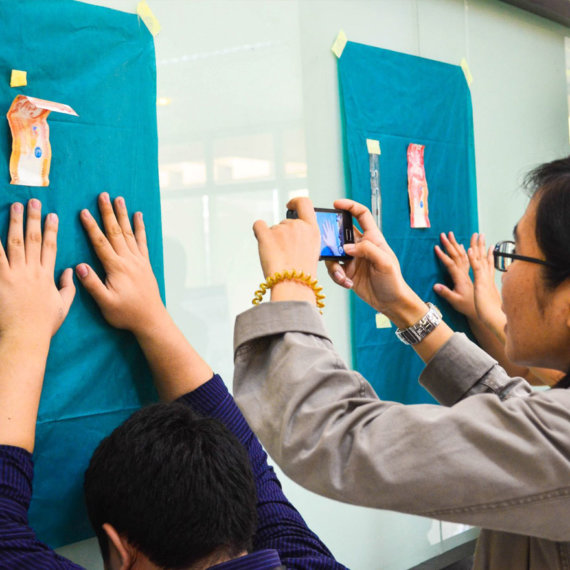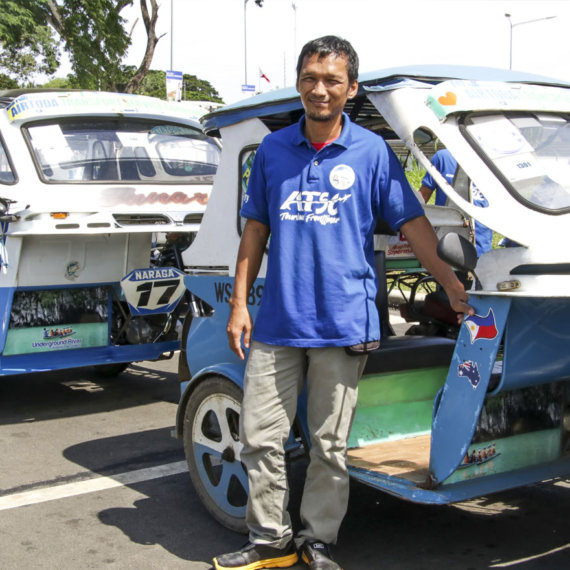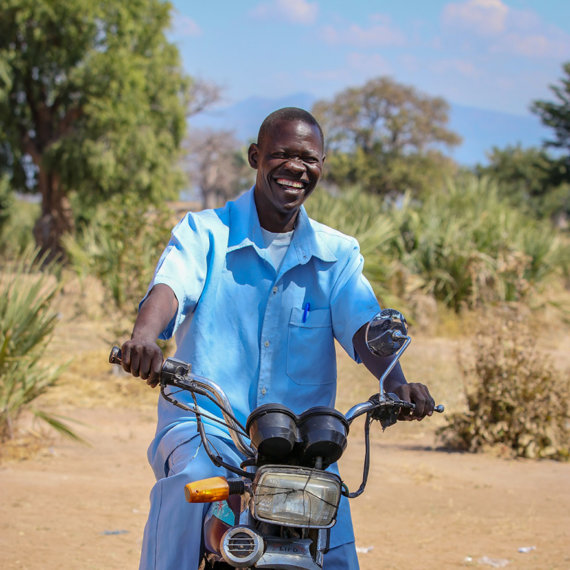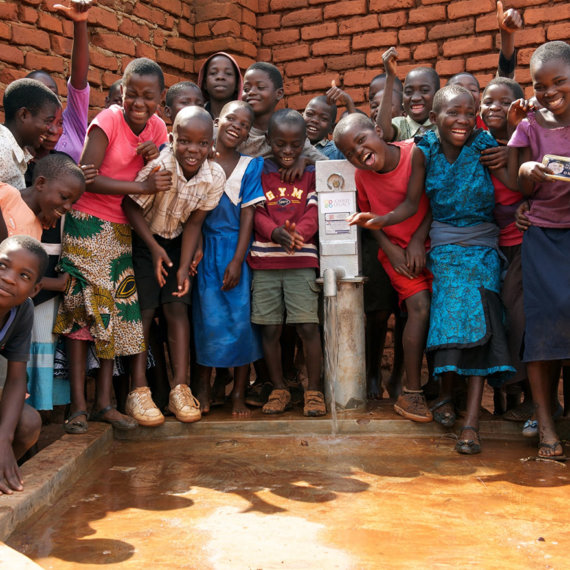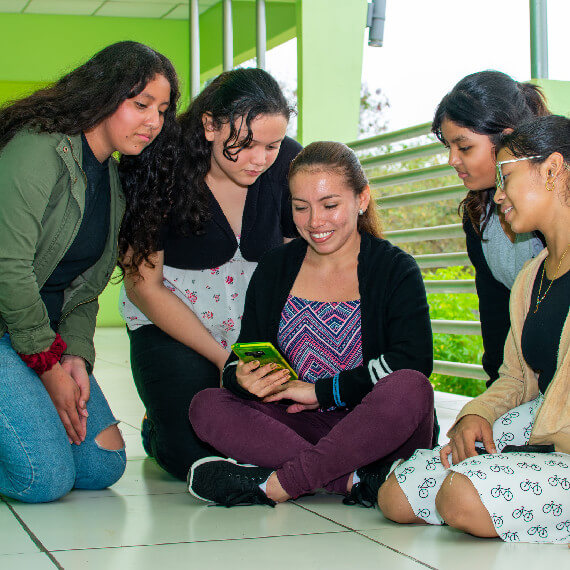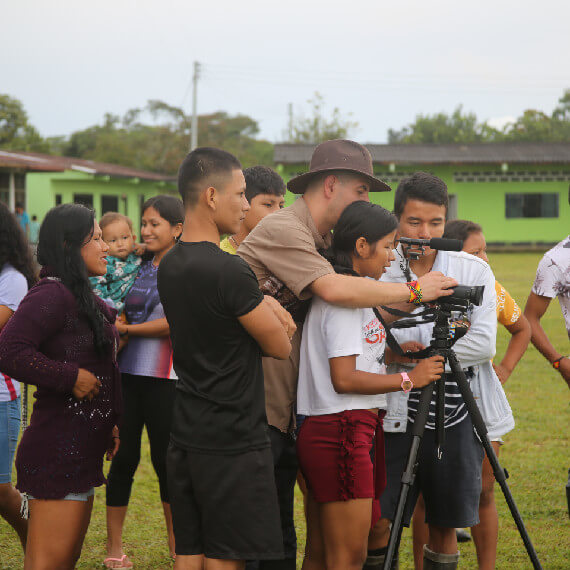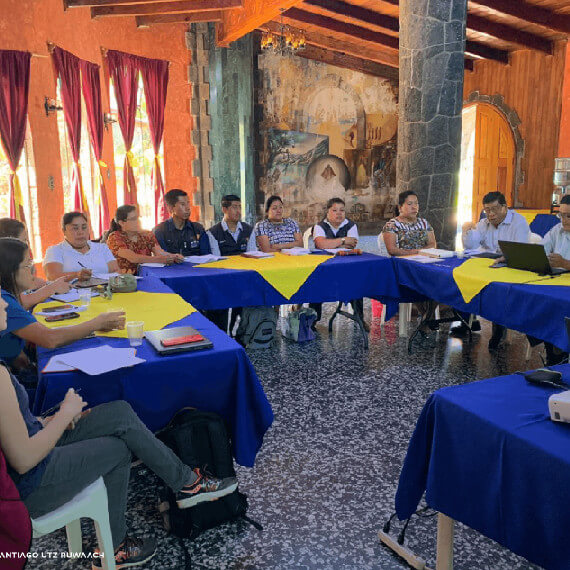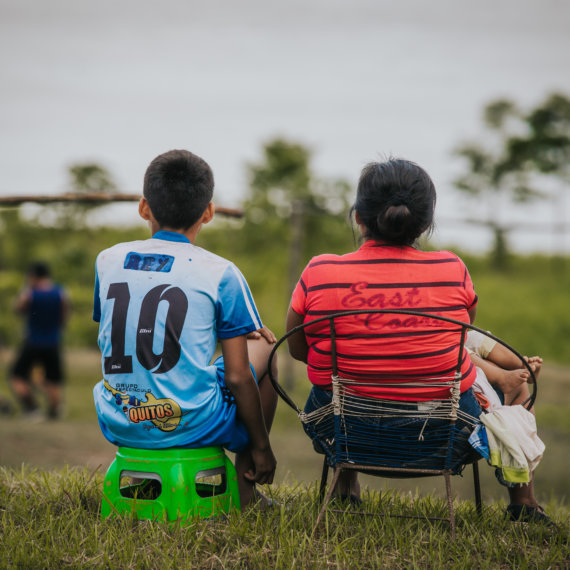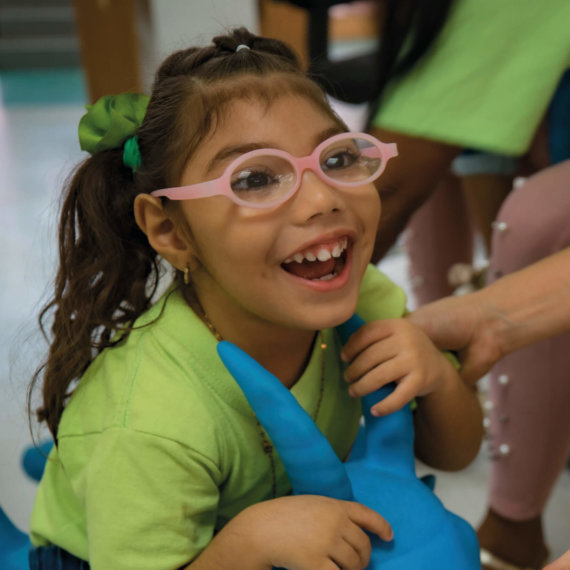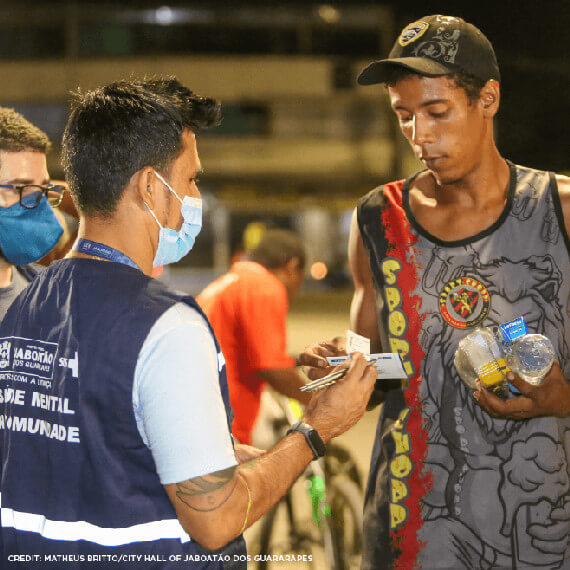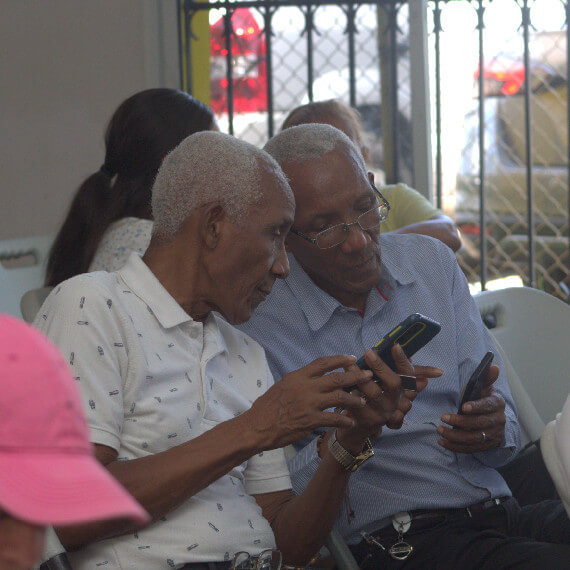MosquitiaMed: Shortening Distances Through Telemedicine
MosquitiaMed seeks to reduce the impact that the costs of health services generate on the family and community economy. The initiative is volunteer based with a focus on telehealth to improve access to health services for the Miskitos community.
CONTINENT
LATIN AMERICA
Country
HONDURAS
Location
Gracias a Dios, Honduras
Founding year
2016
Organizational structure
Not for profit
Health focus
Primary Health Care
Actors Involved
Community/patient, NGOs
Programme Focus
Training & Education, Service Delivery
Health System Function
Logistics, Information
CHALLENGE
Although the Department of Gracias a Dios is the second largest in Honduras, it can only be reached by air or water. The landing strip is not paved, the dock where boats arrive is precarious and transportation costs are extremely high. The Department, which is considered one of the poorest in Honduras, houses more than 100,000 inhabitants and has the lowest population density in the entire country. The difficult access to medical attention for its inhabitants contributes to it having one of the worst health indicators in Honduras for diseases such as pneumonia, diarrhoea, malaria, syphilis, AIDS, hypertension and diabetes mellitus.
In Puerto Lempira, capital of the department, there is a single hospital to cover the health needs of the entire population; also, it has few medical specialities. The basic medicines and technological supplies are scarce and cannot address complex needs.
The Mosquitia region of Gracias a Dios is a population in which different social determinants of health converge. Besides the precarious infrastructure for accessibility, the region suffers from lack of drinking water, electricity and food due to low agricultural production and the consequences of drug trafficking.
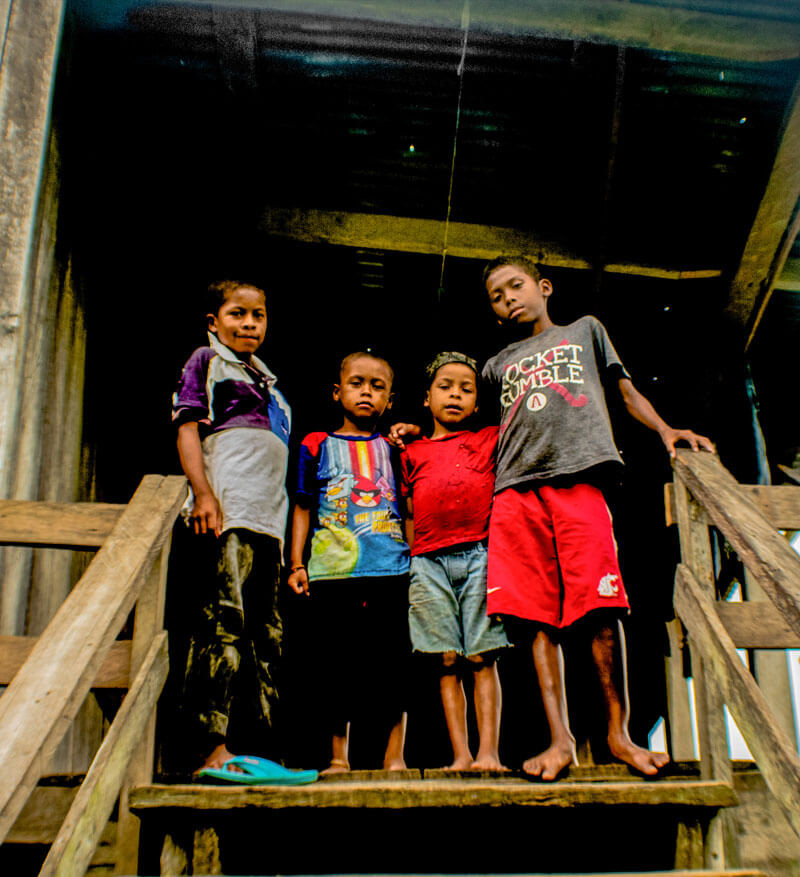
“I have seen many children die because of diarrhoea and undernourishment, people that have died due to simple infections that could be easily treated […] it´s amazing that nobody in the community had provided antibiotics or physiological serum to a child for oral rehydration, is it that nobody knows or is aware of what they could do?”
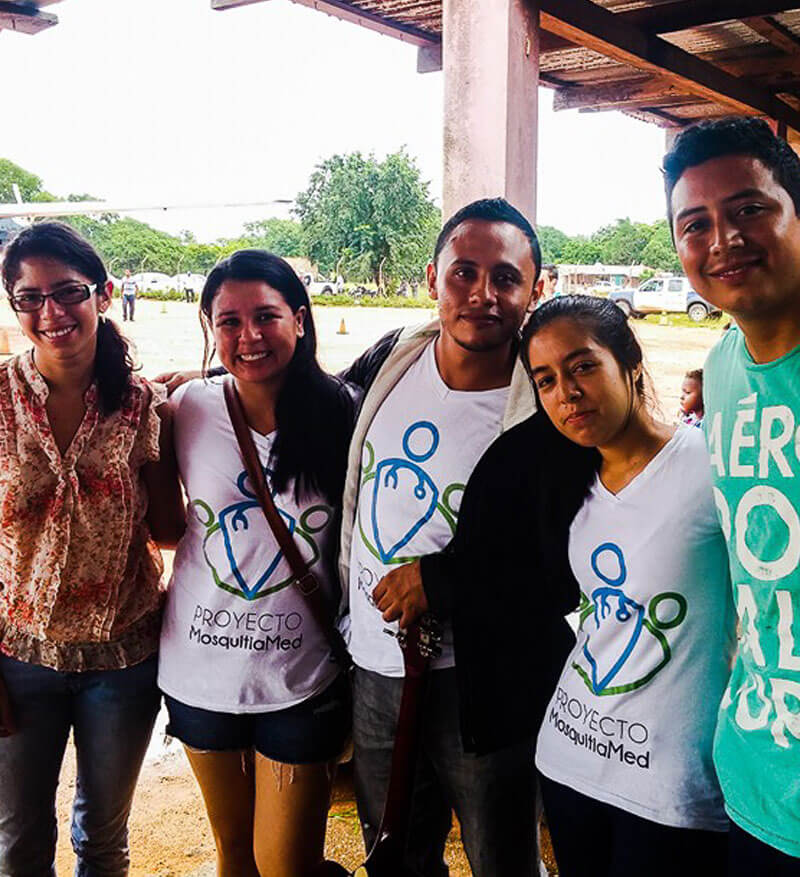
INTERVENTION
MosquitiaMed represents the work of a group of physicians who use their professional and personal networks alongside mobile technology to serve the population of La Mosquitia through four strategies:
- Educational programmes in rural areas to promote and share community-based solutions to simple health problems. The members of MosquitiaMed began to move to different places inside the Gracias a Dios department to educate their inhabitants about simple, low complexity health problems, which could be addressed initially in the communities
- Creation and diffusion of videos about medical topics in native indigenous language using cell phones. Based on the positive results the team got when they were accompanied by a bilingual guide, they filmed videos in Misquito dialect, one of the native languages of the indigenous communities in La Mosquitia. These are shown in the communities and help prevent long, expensive and sometimes unnecessary trips to the hospital.
- Telemedicine through a mobile application that allows exchanging information with specialists in Tegucigalpa. MosquitiaMed brings together general medicine practitioners and specialist in virtual consultations to help solve health problems without having to transfer the patient to the capital.
- Crowdsourcing to generate resources and join efforts. The innovators have created a network of friends, colleagues and volunteer health personnel, willing to contribute to the health of the inhabitants of Gracias a Dios.
“We do what the hospital [of Puerto Lempira] cannot do, we intervene at the point where they cannot do it (…) The cases that we are passionate about are the cases that are beyond what can be done there”.
– Morgan Hayden, co-founder of MosquitiaMed
MosquitiaMed is a diverse bet based on three elements: health education, Primary Health Care and telemedicine that articulates, through volunteering, how different individual and institutional actors can assist the inhabitants of La Mosquitia in accessing to health care services.
Communities can learn and solve health problems of low complexity, avoiding unnecessary referrals and reducing complications from lack of treatment. MosquitiaMed provides leaders, community authorities and inhabitants in general, with basic knowledge for primary health care and provides health posts with supplies. This demonstrates the opportunity to empower communities.
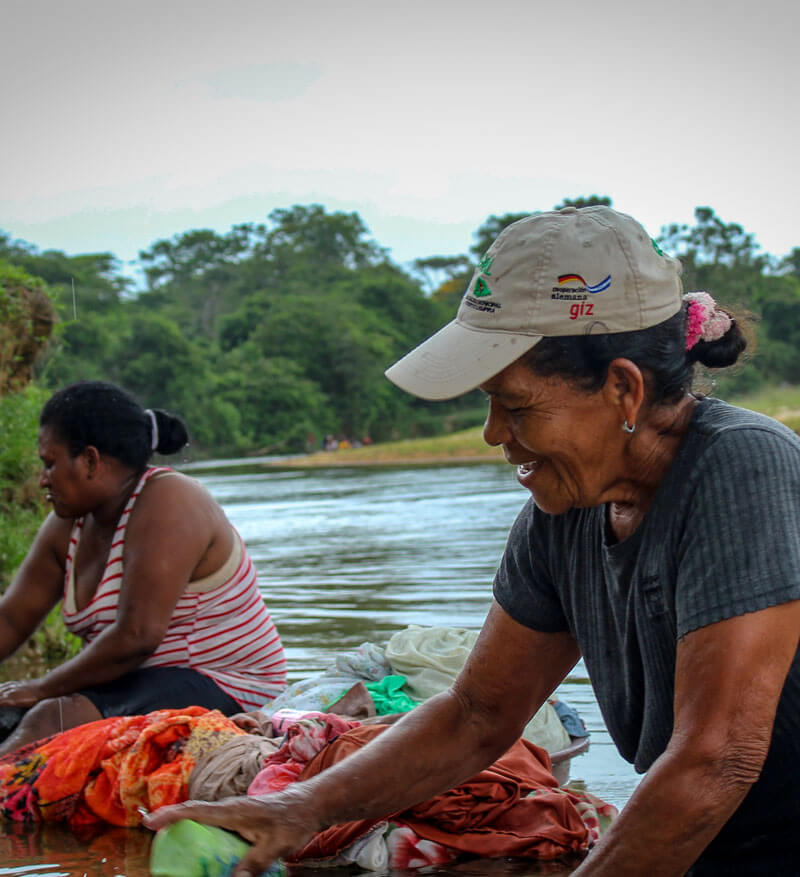
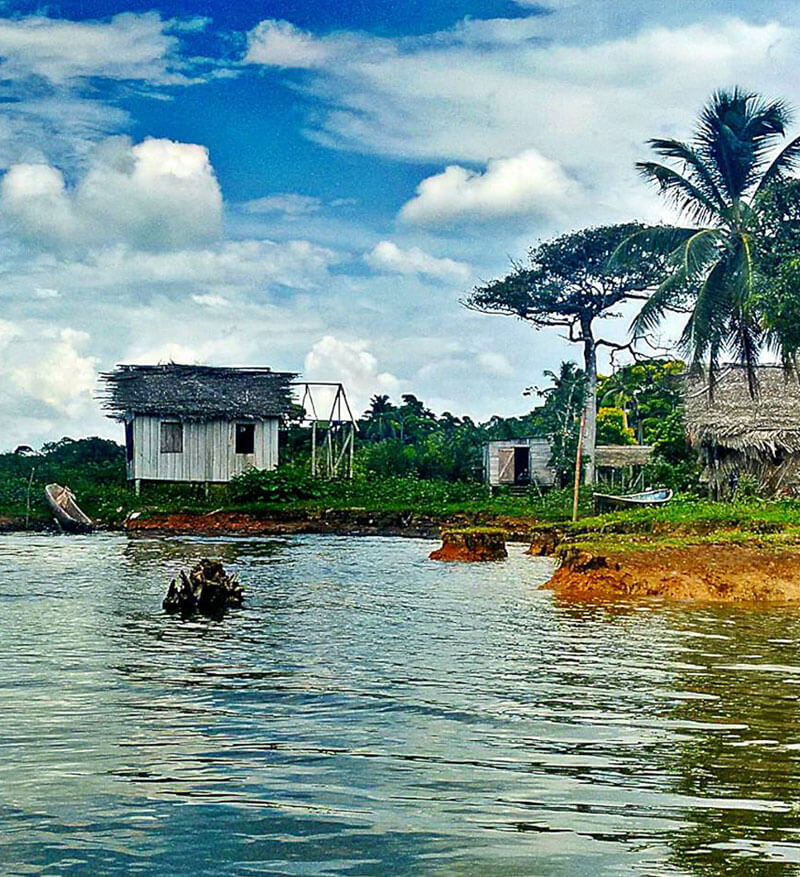
IMPACT
By 2017, the initiative had directly benefited about 2,800 children in the nutrition program, 2,500 patients participated in health brigades in the communities, villages and hamlets. They have been able to strengthen capacity in more than 600 leaders and heads of families and communities that participated in the development of the “Donde no hay doctor” course. Of the 350 cases consulted with Telemedicine, approximately 20 patients were transferred with the support and management of resources made by MosquitiaMed. A significant number of these beneficiaries have received medication supervised by volunteer doctors.
Through using accessible and free-use technologies, they have managed to bring health services to different communities of the department of Gracias a Dios. In this way and with the health brigades carried out in the communities and the health training in Miskito dialect, innovators have managed to provide remote consultation services and educate the inhabitants of the region in the management of low complexity health situations. This helps prevent unnecessary transfer of patients to the hospital in Puerto Lempira or the capital.
“I was shocked to see that there is only one hospital in the entire town (…) so what happens to the far away communities, what happens if a person doesn’t have transportation? It´s possible that there are high rates of infectious diseases because people don´t know that they shouldn´t drink well water without boiling or without chlorinating, also that they shouldn´t drink rain water, that small animals shouldn’t eat by their side or be with them, they don´t know how to clean the stools… simple things caused many deaths, specially in children.”
– Eimy Barahona, MosquitiaMed
